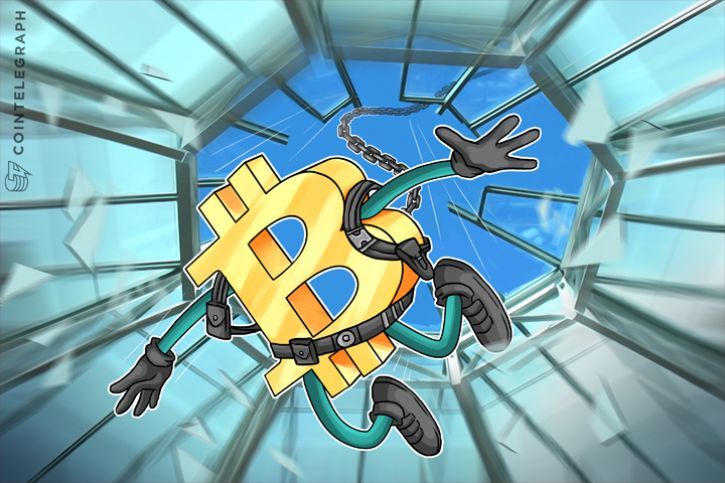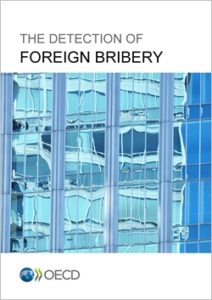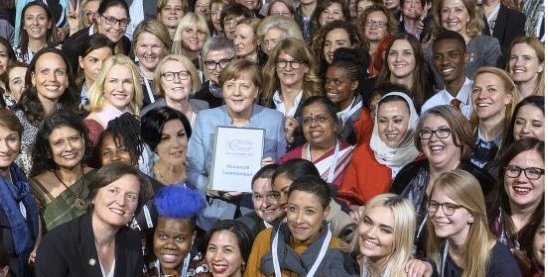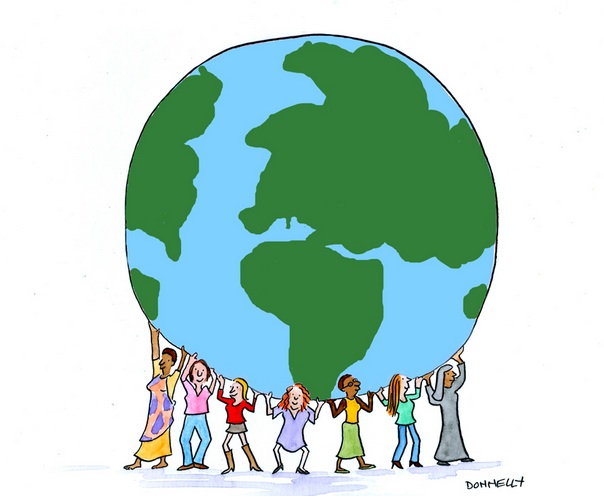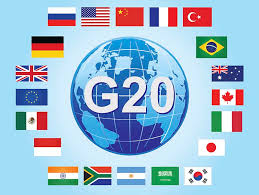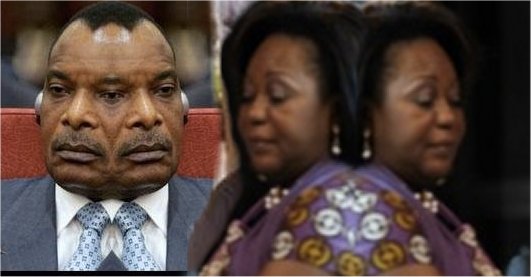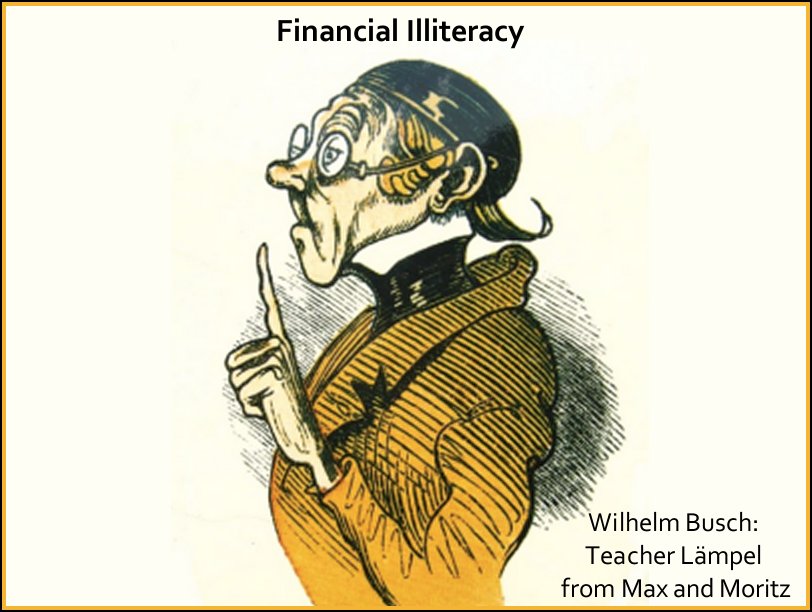The exchange BTC-e is alleged to have facilitated cybercrime, drug trafficking and payments to corrupt officials.
Bitcoin: A Russian man has been arrested in Greece on suspicion of laundering more than £3bn as part of a Bitcoin exchange allowing users to trade the digital cash…
Accused of Laundering 3bn in Bitcoin
Reuters.com
FinCEN fines BTC-e $110 million for violating anti-money laundering laws.
One of the largest digital currency traders in the world has been assessed a $110 million dollar civil money penalty by the Financial Crimes Enforcement Network (FinCEN) and the U.S. Attorney’s Office of the Northern District of California.
BTC-e, or Canton Business Corporation (BTC-e), was the target of the Treasury’s first action against a foreign-located money services business for knowingly violating U.S. anti-money laundering (AML) laws, and was hit with a $110,003,314 penalty. The company was also complicit in their facilitation of digital transactions involving “ransomware, computer hacking, identity theft, tax refund fraud schemes, public corruption, and drug trafficking,” according to an official statement.
BTC-e is an online, foreign-based money transmitter that takes fiat currency and virtually all popular cryptocurrencies, including Bitcoin, Litecoin, Namecoin, Novacoin, Peercoin, Ethereum, and Dash. The company processed over $300,000 in bitcoin stolen from Mt. Gox, one of the world’s largest bitcoin exchanges, from 2011 to 2014, and over $296 million in bitcoin in total. The company also facilitated at least $3 million in transactions related to ransomware operations dubbed “Cryptolocker” and “Locky”, in addition to sharing customers and conducting transactions with the since-dead money laundering website Liberty Reserve.
“We will hold accountable foreign-located money transmitters, including virtual currency exchangers, that do business in the United States when they willfully violate U.S. anti-money laundering laws,” said Jamal El-Hindi, Acting Director for FinCEN in the statement. “This action should be a strong deterrent to anyone who thinks that they can facilitate ransomware, dark net drug sales, or conduct other illicit activity using encrypted virtual currency.
The facilities of BTC-e were seized by various law enforcement agencies, including the IRS-Criminal Investigation Division, FBI, Department of Homeland Security and Secret Service. One of BTC-e’s operators, Russian national Alexander Vinnik, was also arrested in Greece this week and assessed a $12 million fine.
BTC-e’s transactions included funds sent and received domestically, despite the company being foreign-based and masking their geographic location and ownership.
The failure to comply with U.S. AML laws and regulations necessitated law enforcement action, and BTC-e’s civil money penalty represents “the second supervisory enforcement action FinCEN has taken against a business that operates as an exchanger of virtual currency, and the first it has taken against a foreign-located MSB doing business in the United States,” according to the statement.